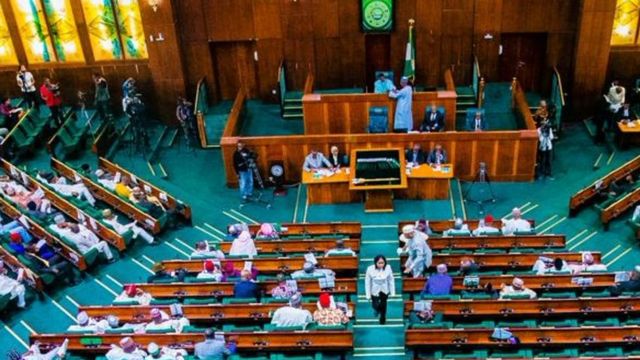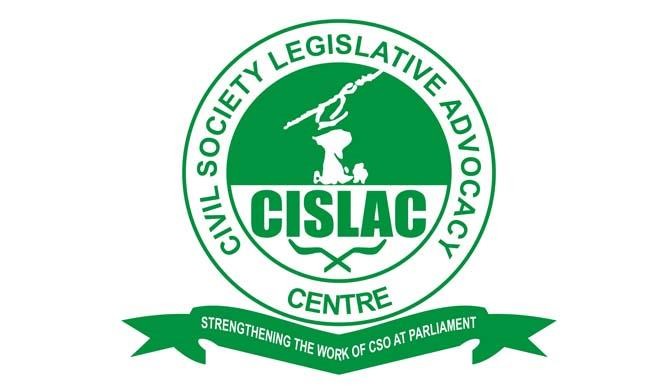
Our writers and editors independently determine what we cover and recommend. When you buy through our links, E! may earn a commission. Learn more.
The Nordstrom Half Yearly Sale is a must-shop…
©2022 DopeReporters. All Right Reserved. Designed and Developed by multiplatforms





